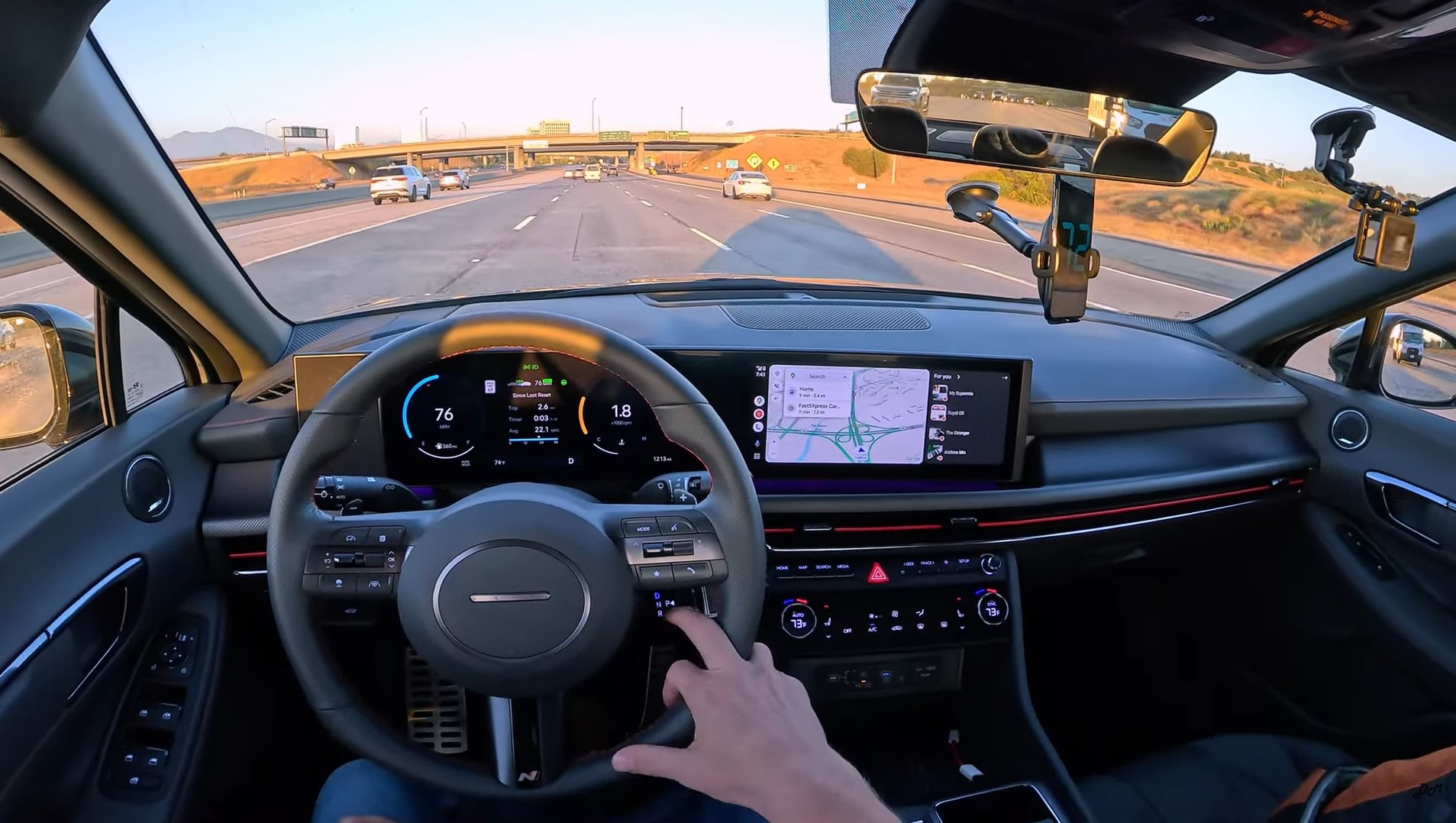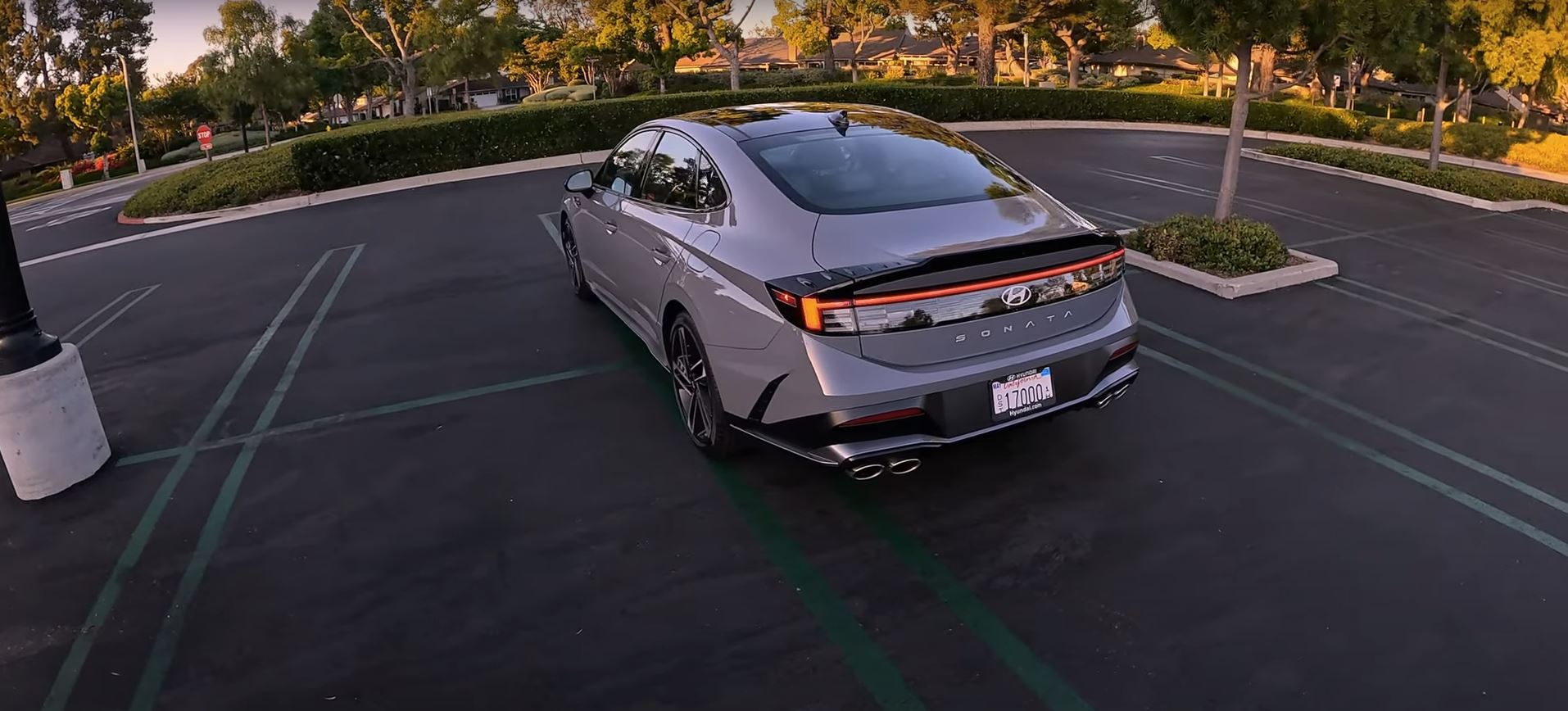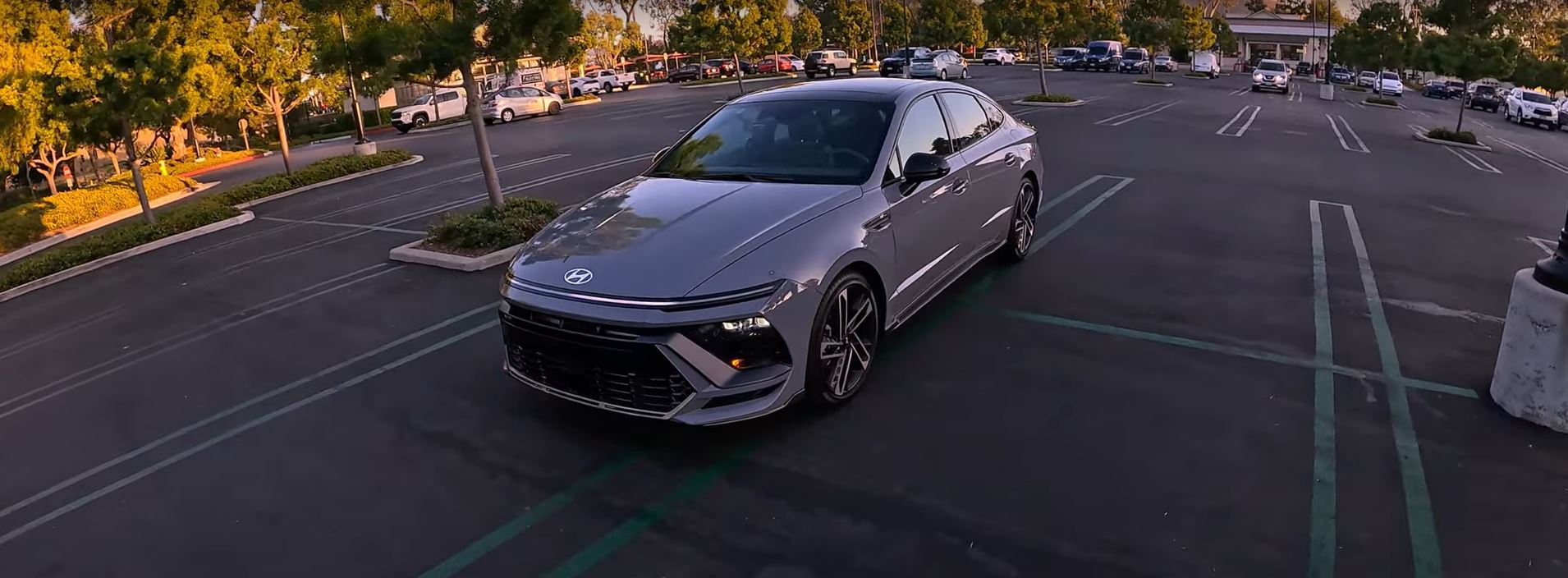In an automotive world increasingly dominated by SUVs, Hyundai stands as a refreshing outlier with its robust sedan lineup. While competitors have largely abandoned this segment, the South Korean automaker offers a diverse range catering to various preferences, from the economical Elantra to the cutting-edge electric Ioniq 6.
Among these, the Sonata N Line shines as a particularly enticing option. This model masterfully blends sporty performance with the practicality of a family sedan, providing a compelling package for drivers seeking a dynamic yet sensible vehicle. The Sonata N Line’s allure lies in its ability to deliver both excitement and efficiency.

Its upgraded powertrain, coupled with a stylish exterior and well-appointed interior, makes it a standout choice in its class. Hyundai’s commitment to offering a compelling sedan lineup is commendable, especially as the industry shifts its focus toward larger vehicles.
The Hyundai Sonata N Line presents an intriguing juxtaposition of performance and efficiency. While official EPA estimates place its combined fuel economy at 27 mpg, real-world highway testing by Daily Motor revealed a more optimistic 36 mpg, extending the vehicle’s potential range to a substantial 570 miles on a single tank.
This efficiency is even more pronounced in the hybrid SEL and Limited trims, boasting a combined 47 mpg. However, a systematic error in the speedometer, overstating speed by five mph, casts doubt on the accuracy of these fuel economy figures. This discrepancy underscores the importance of independent verification in assessing vehicle performance claims.
Beyond its fuel efficiency, the Sonata N Line is part of Hyundai’s broader evolution as an automotive brand. The company has made significant strides in design and performance, as evidenced by models like the Santa Fe and Ioniq 5 N. Yet, the recent “Kia Boyz” trend has tarnished the brand’s reputation, potentially impacting consumer perception of even its most promising offerings.
As Hyundai continues to refine its image and address lingering concerns, the Sonata N Line, with its blend of style, performance, and unexpected efficiency, represents a pivotal moment for the automaker. Hyundai and Kia have faced a perfect storm of challenges that have significantly tarnished their reputations. A security lapse left millions of their vehicles vulnerable to theft, leading to a surge in criminal activity that overwhelmed law enforcement and damaged public perception.

The companies’ initial responses, including software updates and physical deterrents, proved ineffective, and the brands continue to be associated with high theft rates. Simultaneously, Hyundai and Kia have been grappling with a series of quality control issues. Transmission failures in new Santa Fe models, widespread engine problems requiring frequent servicing, and delayed resolutions to charging system defects in electric vehicles have eroded customer trust.
These issues are particularly damaging given Hyundai’s past reputation for reliability. The company now faces the daunting task of restoring consumer confidence while addressing fundamental quality control issues. This perfect storm of security breaches and product defects has created a significant crisis for the automaker, requiring a comprehensive and effective response to prevent long-term damage to its brand.

